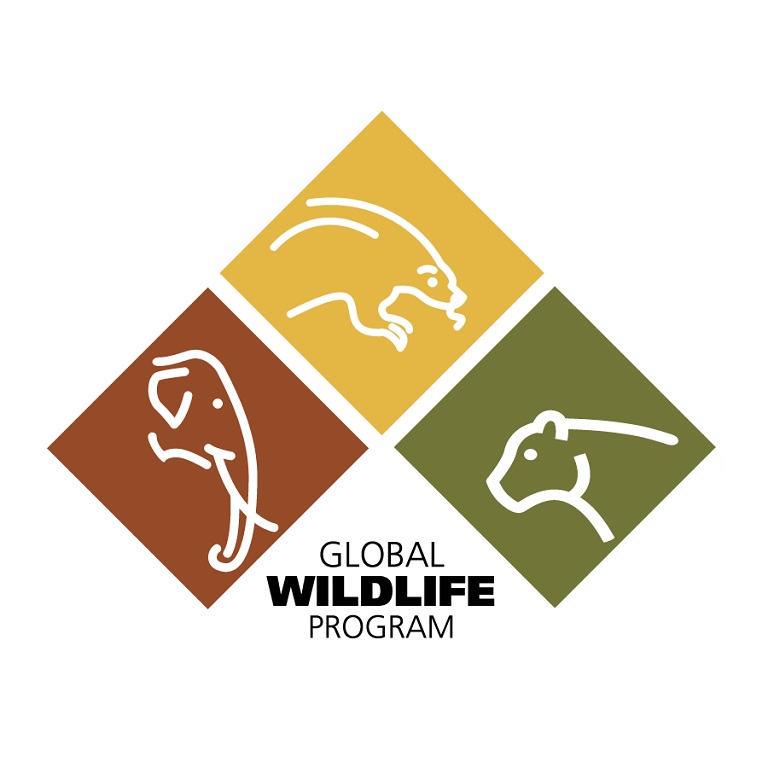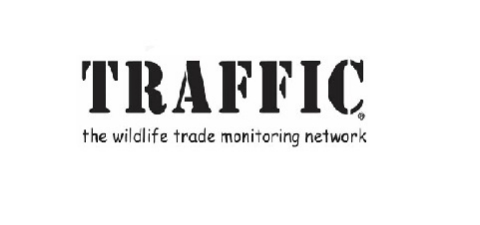This virtual event was hosted by the Global Wildlife Program (GWP) in partnership with TRAFFIC. It helped share GWP project experiences to reduce the demand for illegally traded wildlife. In addition, the event catalyzed ideas and exchange around demand reduction efforts, challenges, tools, and practices.
Scaling Up Efforts to Reduce Demand for Illegal Wildlife Products
March 30, 2022
Online

-
In February 2022, the GWP consulted with GWP projects to understand the barriers and challenges to conducting demand reduction initiatives.
This workshop aimed to share the results from the consultations and support GWP projects to exchange their experiences around demand reduction efforts and practices and refine the type of needs and capacity support needed by project teams to improve their delivery of demand reduction interventions.
The event was attended by over 50 participants, representing 14 GWP projects and a range of partners.
Key TakeawaysGWP experiences and insights on demand reduction included: a lack of adequate insight, tools and materials; a desire for more tailored training and capacity building on foundational aspects such as consumer research, communications formats, and creative agency / community engagement; and a lack of adequate financial resources and time to implement demand reduction, with a perception that demand reduction using social and behavior change approaches in particular, required long-term investment.
To help address such issues, respondents suggested that additional resources and partnerships with other relevant government departments would be useful, along with additional peer support, stronger cooperation with other countries, and more strategy, tactic, and approach examples.
Key general recommendations from the workshop included:- Capacity building and support should meet the specific needs and country context.
- Projects could consider non-traditional stakeholders to partner with.
- Influencers or community leaders, and not necessarily celebrities, are often more likely to resonate as key opinion leaders.
- Ensure that resources are in appropriate languages, and that the language and tone is appropriate.
- Ensure funding includes all costs, including for M&E and consumer research.
- Demand reduction, law enforcement, and sustainable livelihoods should go hand in hand be mutually reinforcing.
Participants worked in groups with discussions around four key themes:- Message creation: based on insights from consumer research
- Message dissemination: using new forms of social media
- Mechanisms: reaching the hardly (rather than hard-to) reach
- Monitoring for adaptive management & impact measurement.
External speakers Madeline Croucher (Consulting Director, Behavioural Science, Ogilvy) and Ulrike Knörzer (Sustainable Consumption Analyst, Adelphi) presented case studies to showcase best practices in behaviour science and the UNEP One Planet Network toolkit that includes do’s and don’ts, best practices, and common mistakes to avoid to help support message creation and enable consumers to make informed consumption choices.The findings and recommendations from the workshop have been used to refine the GWP coordination platform’s program of work on demand reduction and behavior change for the years ahead.
-
Time Activity 13:30-13:40 Welcome 13:40-13:50 Overview of process and purpose - Gayle Burgess, Behaviour Change Programme Leader, TRAFFIC
13:50-14:10 Experiences and insights from GWP projects - Sarah Ferguson, GWP consultant
14:10-14:30 Breakout Group discussions 14:30-15:00
Community Carousel 1 15:00-15:15 Break 15:15-15:45 Community Carousel 2 15:45-16:00 Plenary reflections 16:00-16:40 External experts: Case studies and resource showcase - Beyond Conservation: Communication Campaigns that Change Behaviour: Madeline Croucher, Consulting Director, Behavioural Science, Ogilvy
- OnePlanet UN Consumer Information for SCP: Biodiversity Communications Toolkit: Ulrike Knörzer, Sustainable Consumption Analyst, Adelphi
16:40-16:55 Plenary discussion and reflection on the type of support GWP projects desire 16:55-17:00 Next steps and closing remarks -
Workshop Presentations
- Beyond Conservation: Creating Campaigns that Change Behavior by Madeline Croucher, Ogilvy Consulting
- Slides Community Carousel “Monitoring for Adaptive Management and Impact Measurement
- Scaling Up Efforts to Reduce Demand for Illegal Wildlife Products
- Communicating Biodiversity -Linking Consumption and Biodiversity by Ulrike Knörzer, Adelphi
Ogilvy Resources
Adelphi

